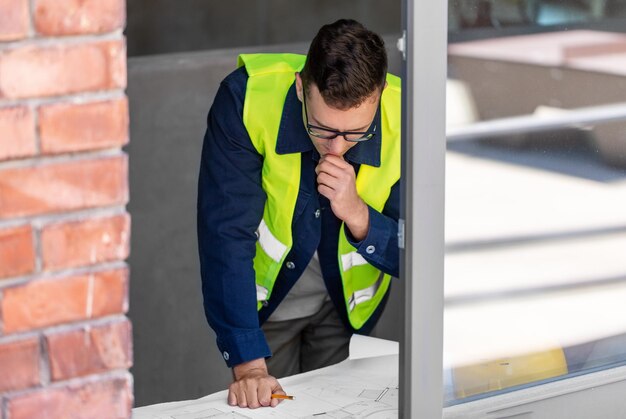Navigating Your First Home Inspection Like a Pro
Walking through the threshold of your first home inspection can feel like stepping onto a new adventure full of possibilities—and questions. Understanding what to expect during this critical part of the home-buying process is key to ensuring you feel confident and informed at every step.
Understanding the Home Inspection Process
At its core, a home inspection is your chance to learn about the condition of the property you're interested in purchasing. You'll hire a qualified inspector to examine the home's major systems and structures, from the roof to the plumbing, to unearth potential issues and give you a snapshot of the home's overall state. Knowing what the inspector will be looking for can help you be better prepared.
Roof and Attic: Inspectors will look for signs of damage or wear that could lead to leaks or water damage.
Foundation: Checking for cracks or shifting that might indicate structural issues.
HVAC System: Ensuring the heating and cooling systems function correctly and efficiently.
Electrical Systems: Looking for outdated wiring or other potential safety hazards.
Plumbing: Checking for leaks, water pressure, and even the water heater's condition.
Appliances: Making sure built-in appliances are in working order.
You’ll Want to Be There
While it's not mandatory that you attend the inspection, being present offers a hands-on opportunity to see the inspector at work, ask questions, and learn firsthand about the property's state. Consider bringing along a notebook or digital device to jot down notes that will help you remember what's important later on.
After the Inspection
Typically, your inspector will provide you with a detailed report summarizing their findings. This document is invaluable as it can uncover issues you may want to negotiate with the seller or help you plan for future repairs and maintenance.
Financial Considerations and Next Steps
Given that surprises can crop up, you may need to think about how to fund unexpected repairs or price adjustments. Here are some strategic steps to consider:
Renegotiate: If major issues are found, you might renegotiate the buying price or ask the seller to handle necessary repairs before closing.
Budget for Repairs: Use the inspection report to anticipate costs you may incur shortly after moving in.
Explore Financial Resources: This is an excellent time to delve into financial assistance options:
Government Aid Programs: Look for state or local grants that assist first-time homebuyers.
Financial Assistance and Debt Relief: There are programs available to help with mortgage costs, especially for individuals with qualifying incomes.
Credit Solutions: If financing repairs, explore credit card options with low introductory interest rates or home equity lines of credit (HELOC).
Educational Grants: Depending on your financial situation, some programs offer educational resources or grants for learning about sustainable homeownership or home maintenance.
As you navigate your home inspection, remember that this process ultimately empowers you as a buyer. You're taking a critical step towards securing your future investment and settling into a place you'll call home. Overall, the inspection reveals the fine print of homeownership you don't want to miss.
Financial Resources and Assistance Programs 🏡💰
- 🗝️ First-Time Homebuyer Grants: Options vary by state; check local housing authorities.
- 💡 Energy Efficiency Rebate Programs: Save on utility costs by improving your home's energy efficiency.
- 💳 Low-Interest Credit Cards: Consider cards with 0% APR for necessary home repairs.
- 🏦 Home Equity Loans: Tap into your current home equity to finance repairs for your new home.
- 📚 Educational Workshops: Free online seminars to boost your home maintenance skills.

